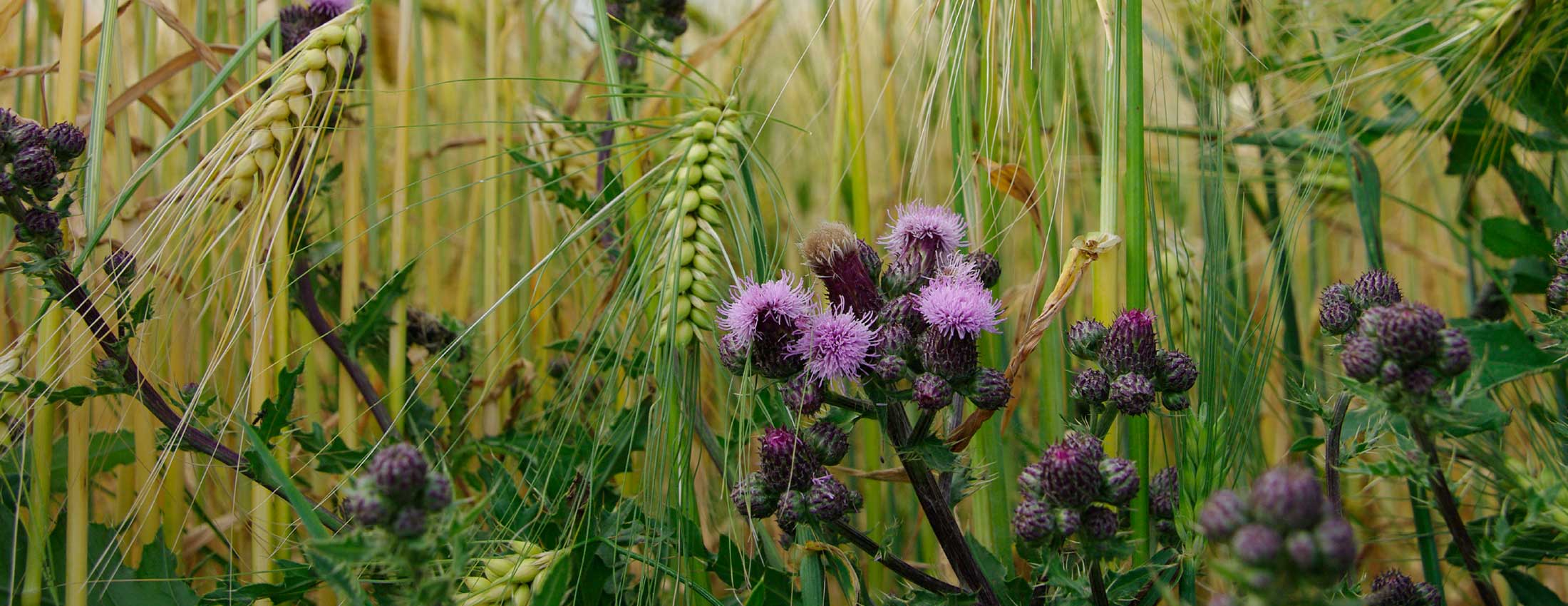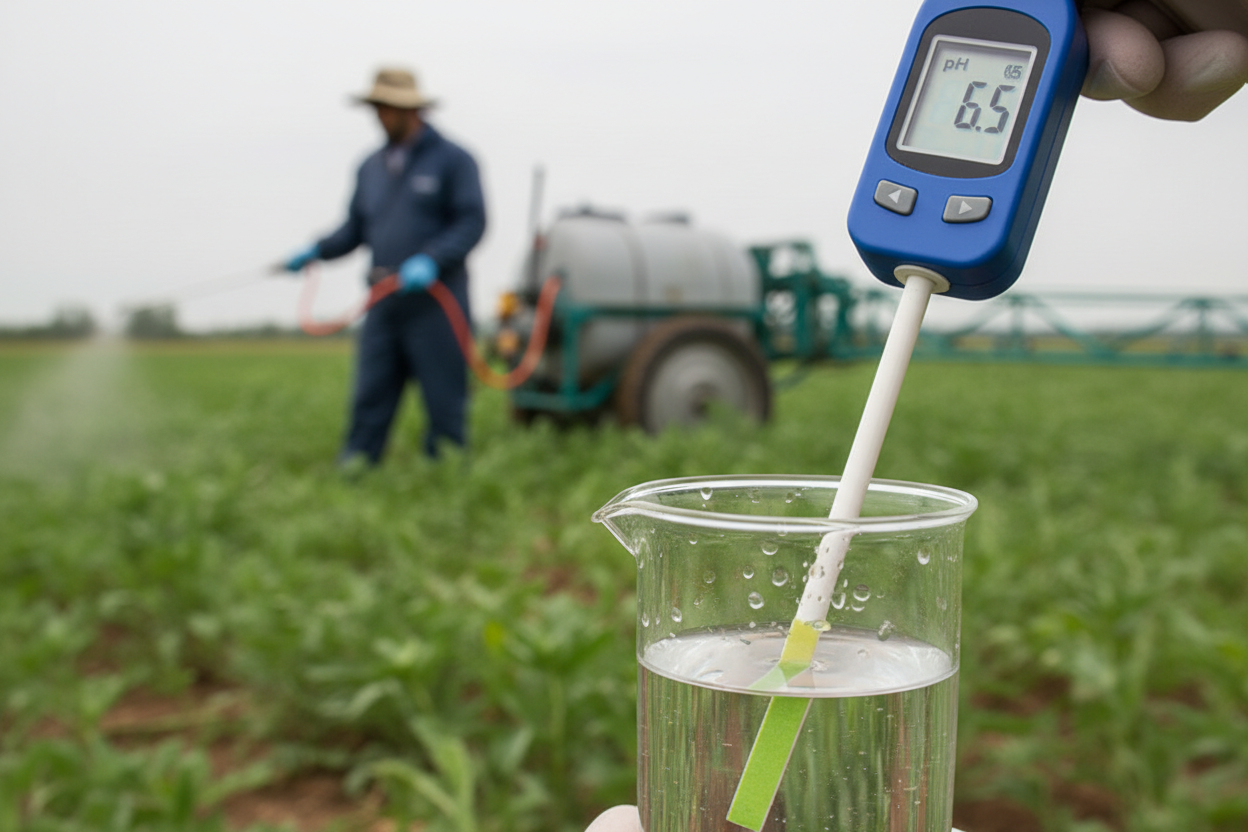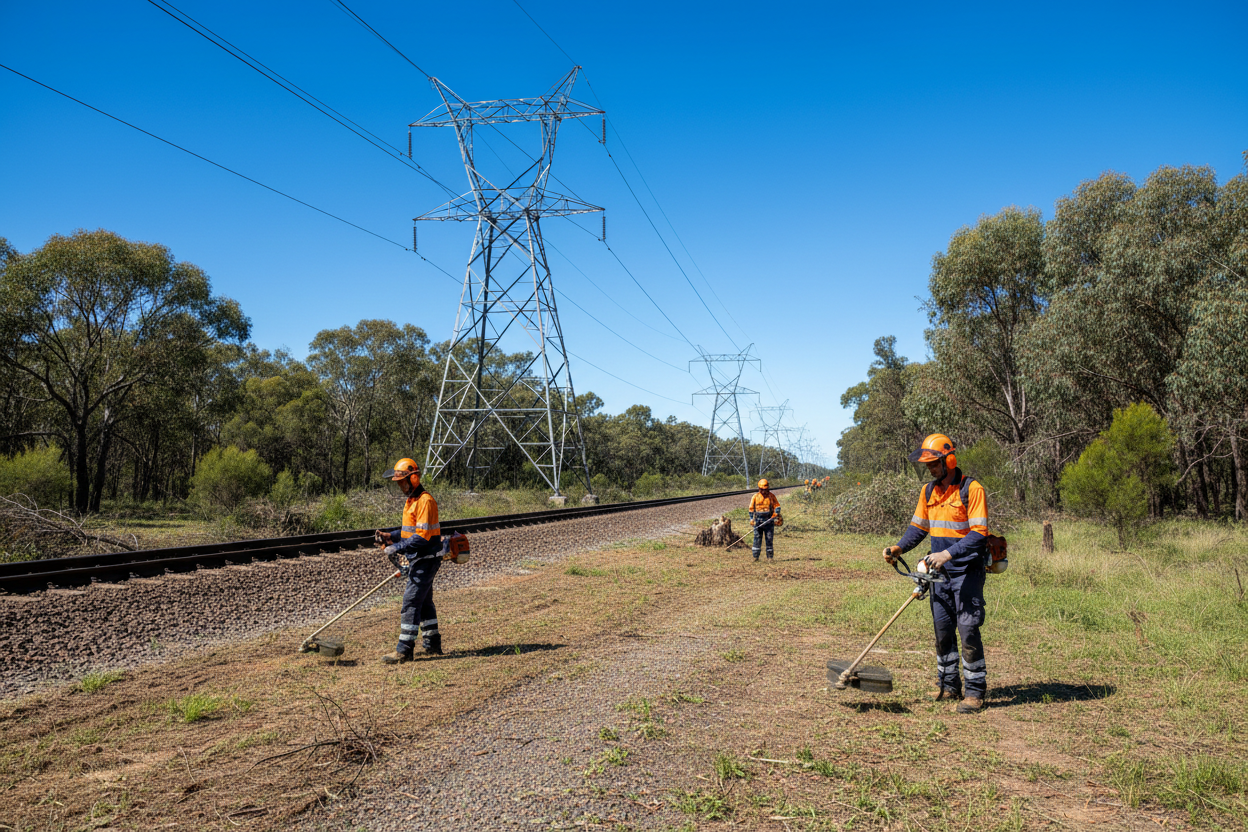
Glyphosate Alternatives: Exploring Effective Herbicides for Weed Control
Glyphosate Alternatives: Exploring Effective Herbicides for Weed Control
Glyphosate, a widely used herbicide for non-selective weed control, has come under scrutiny due to concerns about its environmental impact and potential health risks. Whilst the validity of these concerns remains an ongoing debate, it has undoubtedly increased interest in identifying alternative herbicides that can effectively fill the role of glyphosate. In this article, we'll explore several alternatives to glyphosate, highlighting their advantages and disadvantages for non-selective weed control.
Paraquat
Advantages:
- Quick knockdown: Paraquat is known for its rapid action in desiccating and killing target weeds.
- Less persistence: It degrades relatively quickly in the environment, reducing the risk of long-term soil contamination.
Disadvantages:
- High toxicity: Paraquat is highly toxic to humans and animals, making it a safety concern during application and storage.
- Resistance: Weeds have developed resistance to paraquat in some regions, limiting its long-term effectiveness.
Glufosinate
Advantages:
- Broad-spectrum: Glufosinate can control a wide range of weeds and is effective on both broadleaf and grass species.
- Reduced environmental impact: It has a lower toxicity profile compared to glyphosate.
Disadvantages:
- Limited residual control: Glufosinate has a shorter duration of action compared to glyphosate, requiring more frequent applications.
- Cost: It can be more expensive than glyphosate, impacting the economic feasibility of its use.
-Registration restrictions: Carries no aquatic registration
Diquat
Advantages:
- Fast-acting: Diquat provides quick knockdown of weeds.
- Limited residual effect: It has a short half-life in the soil, minimizing the potential for long-term impact.
Disadvantages:
- Limited weed spectrum: Diquat is effective against broadleaf weeds but less so on grassy species.
- Aquatic toxicity: Diquat is highly toxic to aquatic organisms, posing risks if runoff reaches water bodies.
Pelargonic Acid (Nonanoic Acid)
Advantages:
- Fast-acting: Pelargonic acid provides rapid desiccation of weeds.
- Non-selective: It controls both broadleaf and grassy weeds.
Disadvantages:
- Lack of residual control: Pelargonic acid doesn't offer long-lasting control and may require multiple applications.
- Contact herbicide: It acts primarily on plant surfaces and may not penetrate deep-rooted weeds.
Sulfentrazone
Advantages:
- Effective on broadleaf weeds: Sulfentrazone is particularly useful for controlling certain tough-to-manage broadleaf weeds.
- Minimal soil persistence: It degrades relatively quickly in the soil, reducing long-term environmental impact.
Disadvantages:
- Limited grass control: Sulfentrazone is less effective against grassy weeds, requiring tank mixing with other herbicides for comprehensive control.
- Cost: It can be more expensive than glyphosate for weed control.

While glyphosate alternatives offer options for non-selective weed control, each has its unique advantages and disadvantages. Land managers and farmers must carefully consider factors such as efficacy, cost, environmental impact, and safety when choosing an alternative herbicide.
Additionally, integrated weed management practices, combining multiple strategies such as cultural, biological, and chemical control, can enhance the overall effectiveness of weed management programs.
As the search for sustainable and environmentally responsible weed control methods continues, the use of glyphosate alternatives will play a crucial role in addressing weed challenges while minimizing the potential negative impacts on the environment and human health.
Additional content
VIEW GWS' ADDITIONAL CONTENT TO LEARN MORE ABOUT THE WEED INDUSTRY

As Integrated Vegetation Management gains traction, one question consistently arises, how do we change contracting models without increasing risk or losing governance control. This concern is under...
Read more
Town Water pH in Australia and Its Impact on Weak Acid Herbicides
Australian vegetation managers often assume that town water is neutral and therefore suitable for spraying without adjustment. In practice, most municipal and regional water supplies are treated to...
Read more
Across most linear infrastructure portfolios, vegetation risk is already being outsourced. Contractors carry day to day exposure, access challenges and delivery risk. However, asset owners and asse...
Read more
